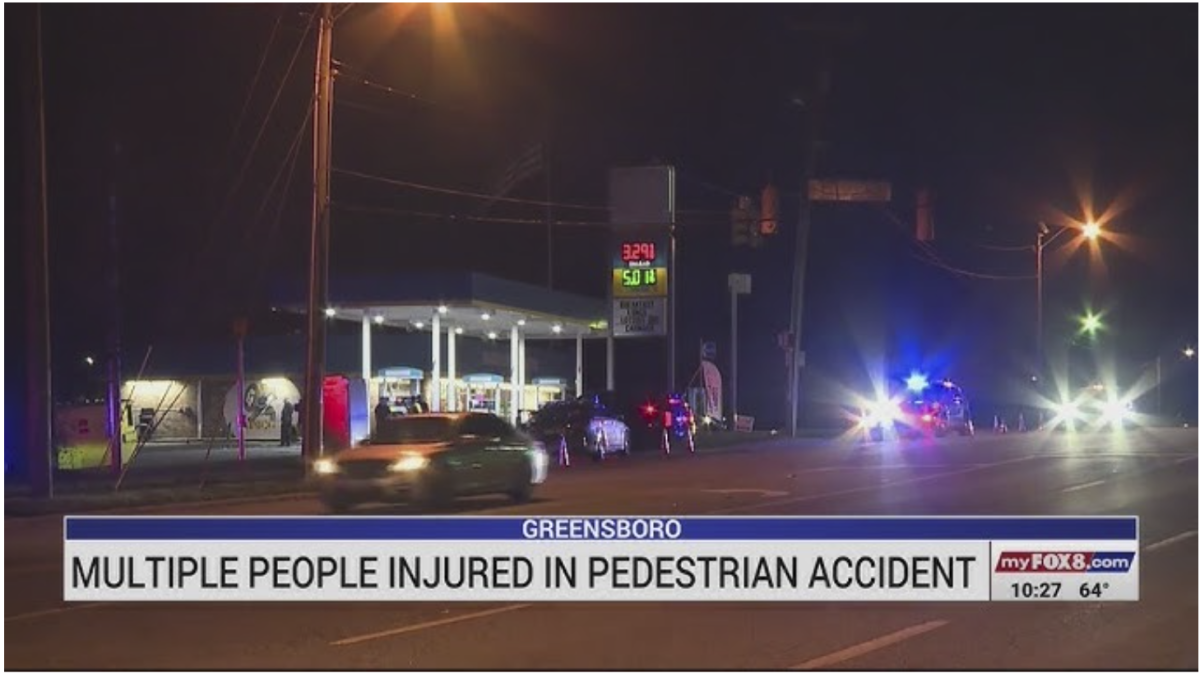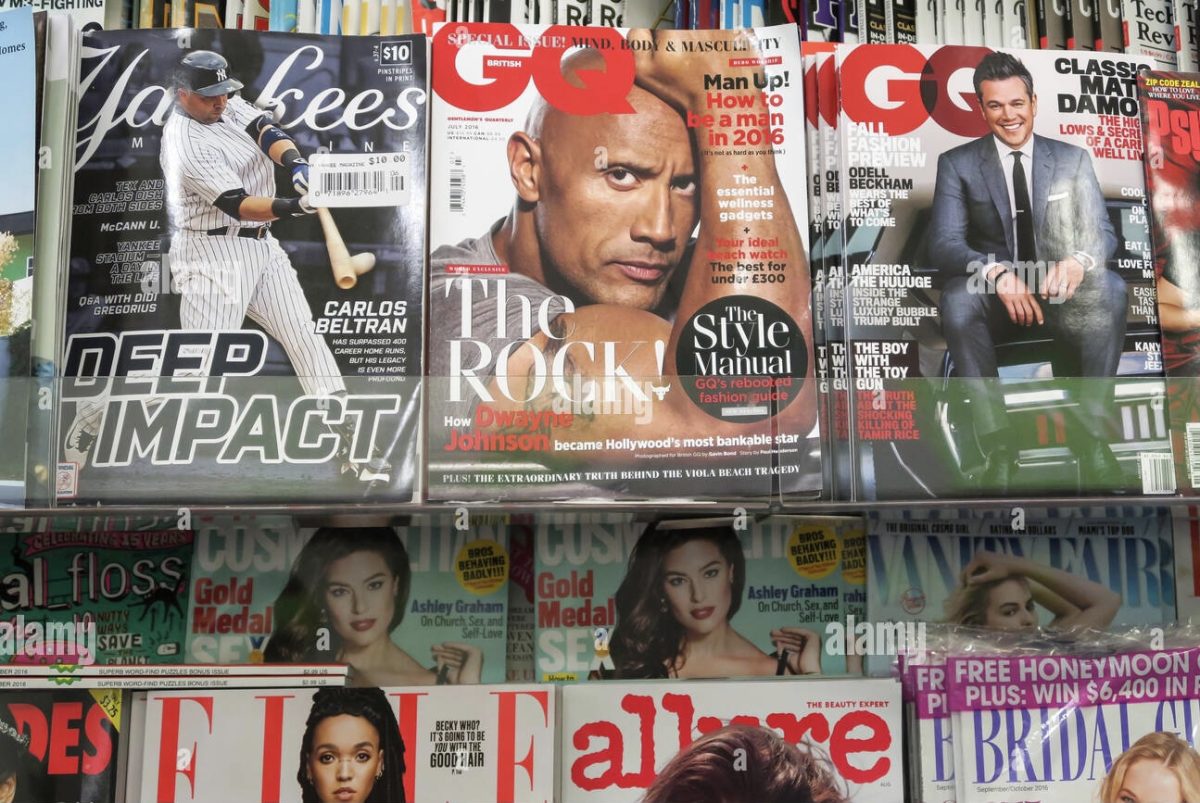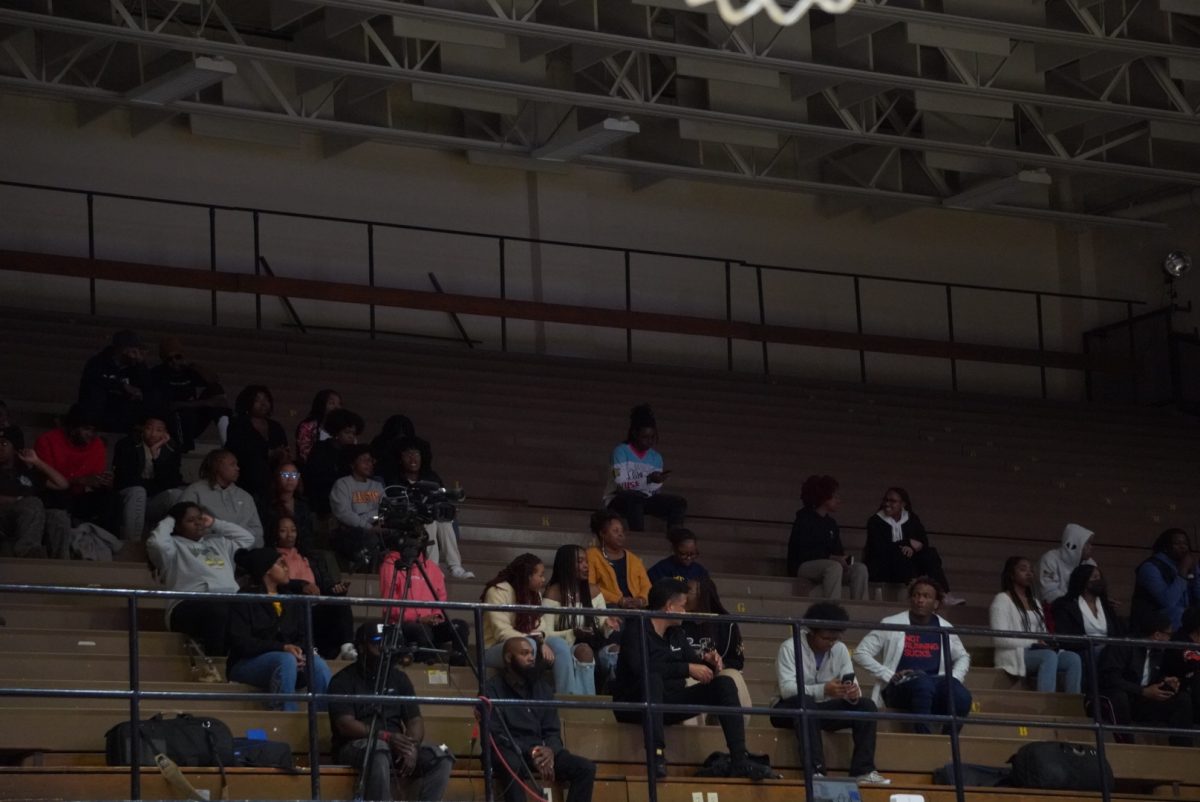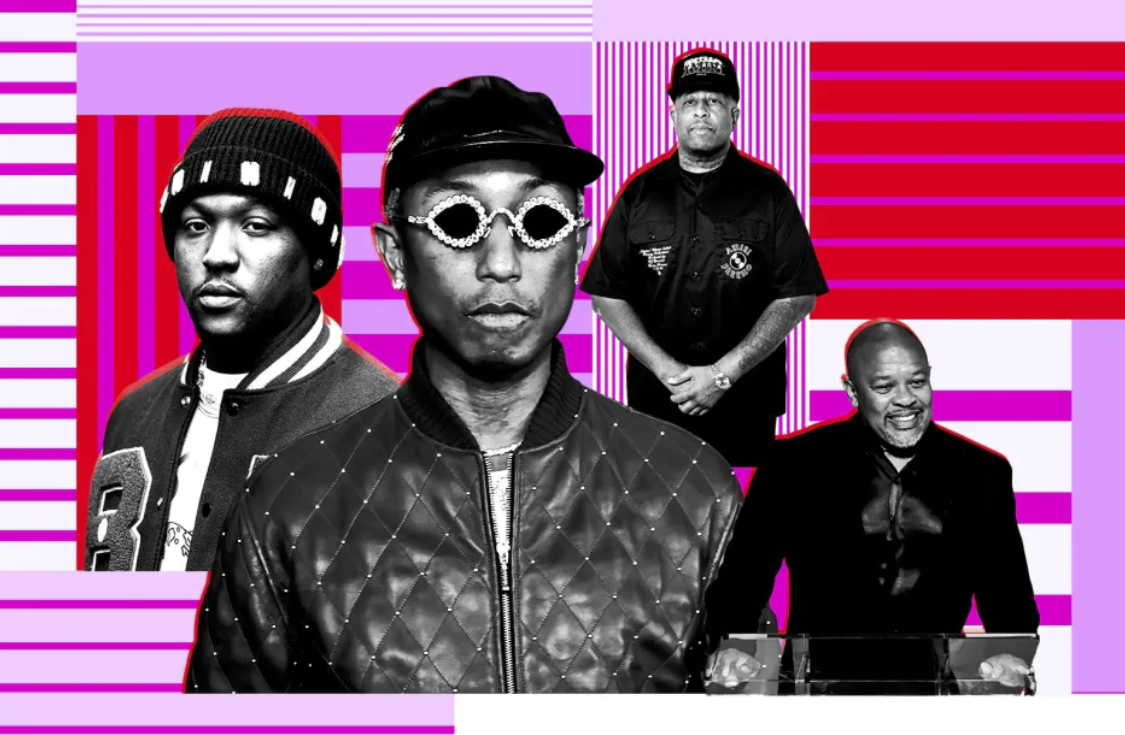Venezuela was once the richest country in Latin America. The country is now suffering from an economic nightmare as citizens struggle to find the basic necessities in a country gripped by an internal civil war.
Venezuela has the largest known oil-reserves in the world and was once praised worldwide for its strong democratic government, which was uncommon for Latin America.
Now it currently has the highest inflation rate in the world with 82 percent of the country’s population living in poverty. This has made basic necessities like food and medicine nearly impossible to obtain for most citizens.
Over the last 4 years, the Gross Domestic Product (GDP) in Venezuela has fallen 35 percent, making the country’s currency virtually worthless on the world market.
According to the Travel and Tourism report, which ranks and analyzes travel and tourism in more than 136 countries, Venezuela ranks within the top ten most dangerous countries in the world.
The shortage of basic necessities like food, water and shelter have lead to armed robbery, carjacking, kidnapping and even murder, which have become common and even daily forms of violence in the country.
Venezuela’s rapid decline can be linked to one man that has turned a once-promising country into a turbulent wasteland: President Nicolas Maduro.
Maduro took office in April 2013 as the hand-picked successor of former president Hugo Chávez.
Chávez was a well-loved leader in the country. During the 1990s, he opposed government corruption and Venezuela’s elite for the economic inequality, which was uncommon for many politicians during the time.
His message resonated with many of the country’s poor that helped elect him to power. The highlight of his presidency occurred in the 2000s when oil prices surged and Venezuela’s Chávez dependent economy started to boom.
Chávez used the profits from this industry to create many social-welfare projects. He subsidized food, improved education and created a stable national health care program. Overall, reduced the poverty by more than half during his presidency.
Unfortunately, these programs were dependent on the booming oil industry. This meant that all these programs would be become impossible to keep up if oil prices fell. When Maduro entered office that is exactly what happened.
Since consolidating his power, Maduro has led the country closer to authoritarian rule than ever. The beginning of this realization happened in Dec. 2015, two years after Maduro took office.
A group of opposition parties called the Democratic Unity Roundtable (MUD) won a two-thirds majority in the National Assembly.
Terrified that they would threaten his rule, Maduro quickly forced out several high profile Supreme Court justices and filled the positions with people loyal to him. In March 2016, the Venezuelan Supreme Court stripped the National Assembly of their powers.
The ruling was overturned a few days later, but this action of an overt abuse of power lead to the beginning of protest across the country for Maduro’s impeachment.
In July 2017, Maduro held a vote to elect a new governing body, the National Constituent Assembly. This was especially troubling because this new branch had the power to rewrite the entire constitution, replace the national assembly which would leave virtually no opposition to Maduro’s rule in place.
Venezuelans did not have a say in whether this new assembly should exist. They only had the option of selecting its members.
According to a DataAnalysis poll conducted in Oct. 2016, 80 percent of Venezuelans want Maduro out of office. That number has only grown exponentially since daily protest against the government in Caracas, the nation’s capital, have left dozens of protesters severely injured or killed.
Maduro has neglected his people by choosing power over the well-being of the country. Currently, he has an abundance of power over a country that is rapidly spiraling out of control and no one to challenge his authority.






